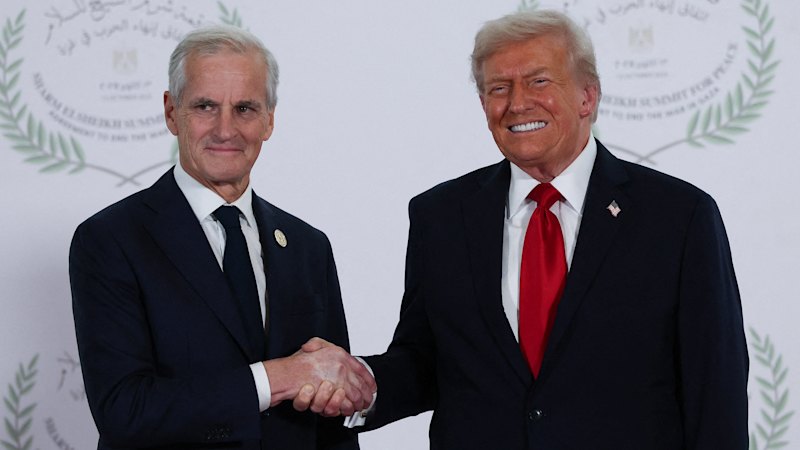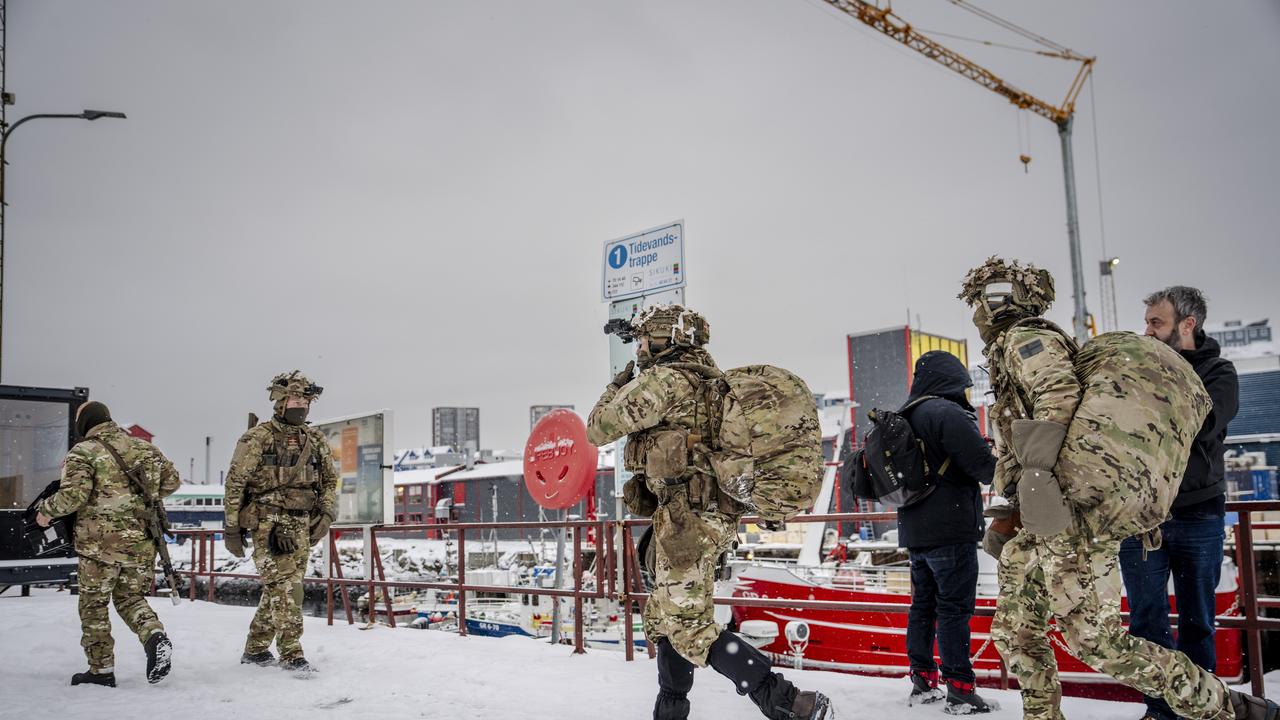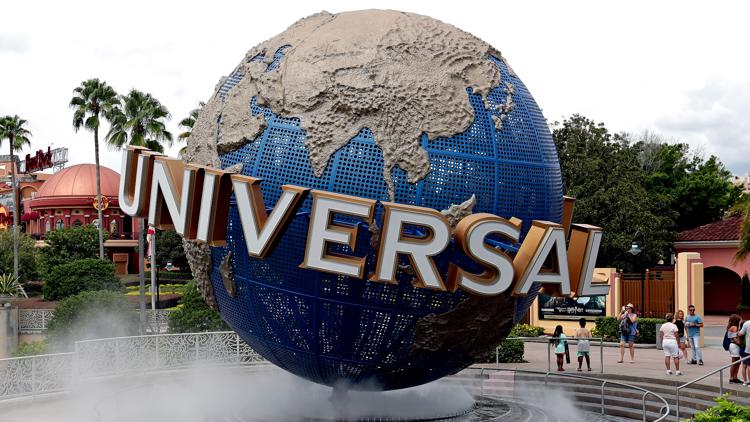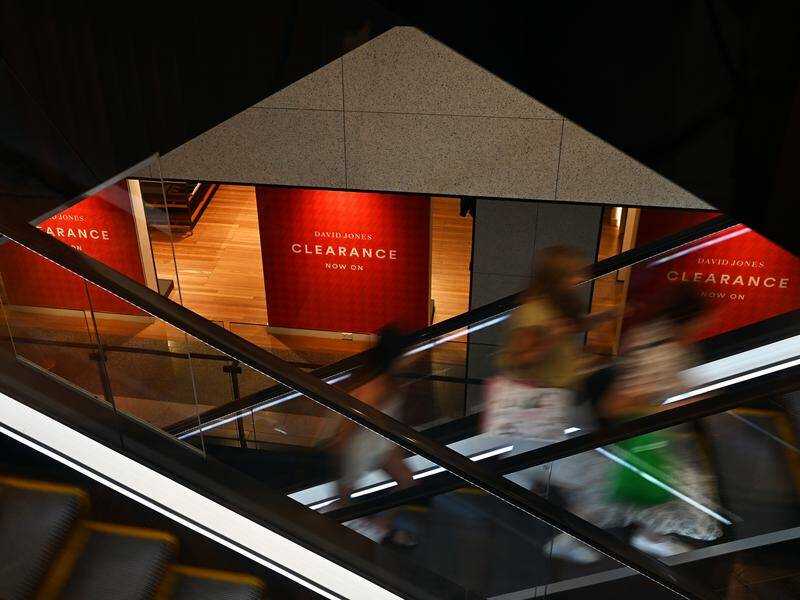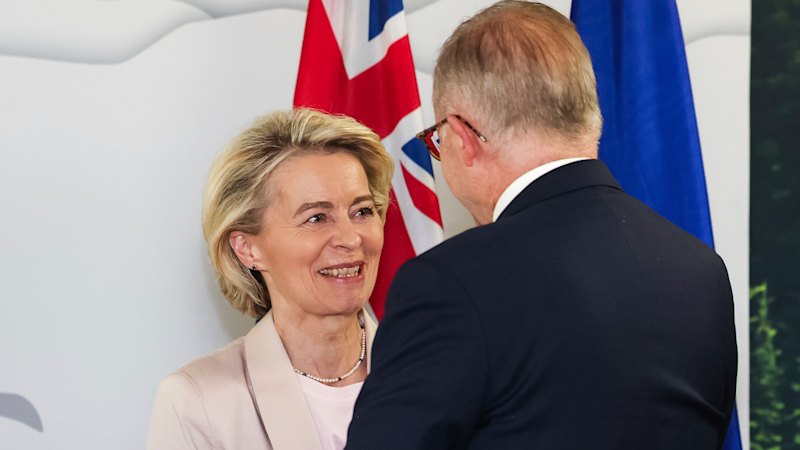
Australia is advancing discussions with the European Union regarding a defence pact designed to address mutual security threats posed by rising tensions with Russia and China. Australian officials are currently in Europe to negotiate the terms of this partnership, which aims to enhance military cooperation and preparedness against various challenges, including terrorism, cyberattacks, and direct military aggression.
The concept of a security partnership was first presented by Ursula von der Leyen, President of the European Commission, during a meeting with Australian Prime Minister Anthony Albanese in May. Their discussions were further solidified at the G7 summit in Canada in June, where both leaders reaffirmed their commitment to the agreement.
While the proposed partnership will not formalize a military alliance that obligates either party to engage in military action, it will facilitate collaborative efforts to address shared threats. This initiative is distinct from ongoing negotiations for a free-trade agreement with the EU, but it may pave the way for a final trade deal by the end of this year.
For Australian defence manufacturers, this partnership represents a vital step toward participating in the EU’s military spending initiative, known as SAFE (Security Action for Europe), which has a budget of €150 billion (approximately $270 billion). Both European and Australian leaders emphasize the strategic importance of the partnership, particularly in light of similar threats posed by hybrid warfare.
The EU has established comparable agreements with countries like Japan and South Korea and is now focusing on enhancing cooperation with liberal democracies. The partnership with Australia is expected to cover a range of areas, including maritime security, cybersecurity, counterterrorism, and international peacekeeping operations.
In August, Australia awarded a significant contract worth $10 billion to Japanese firm Mitsubishi for three new frigates, further illustrating the importance of international defence collaboration despite existing competition in sectors such as shipbuilding.
Duncan Lewis, Chairman of the European Australian Business Council and a former head of ASIO and Australian ambassador to the EU and NATO, noted the shared values between Australia and the EU. He stated, “The EU has concluded that the Asia-Pacific region is inextricably linked to global security and therefore their own security and safety. We have much to gain from a strategic and defence partnership with the EU, including access to cooperative defence procurement and technical development opportunities.”
The impetus behind this defence collaboration stems from a growing recognition within the EU that security in Europe is interconnected with that of the Asia-Pacific. This is particularly relevant considering the “no-limits” partnership between Russian President Vladimir Putin and Chinese President Xi Jinping, which was established shortly before the full-scale invasion of Ukraine in February 2022.
Deputy Prime Minister and Defence Minister Richard Marles articulated the significance of the partnership, stating, “While our regions are geographically distant, security in Europe and the Indo-Pacific is increasingly interconnected.” The objective is to strengthen collaboration on shared security challenges, enhance strategic dialogue, and create new opportunities for joint defence procurement.
A representative from the Department of Foreign Affairs confirmed that the partnership would establish a framework for cooperation in areas including the defence industry, cybersecurity, and counterterrorism. In an analysis for the Lowy Institute, Griffith University Associate Professor Matthew Sussex remarked that the partnership need not be overly complex. Instead, it should focus on building upon the agreement over time.
He noted, “The threats we face, our political and normative alignment, and our preference for free and liberal trade are all shared. And while it will not magically smooth the complex and fraught security order we must navigate, it would be a missed opportunity if we did not try to chart that course together.”
As discussions continue, the potential for a strengthened defence relationship between Australia and the EU highlights the importance of international collaboration in addressing global security challenges.
